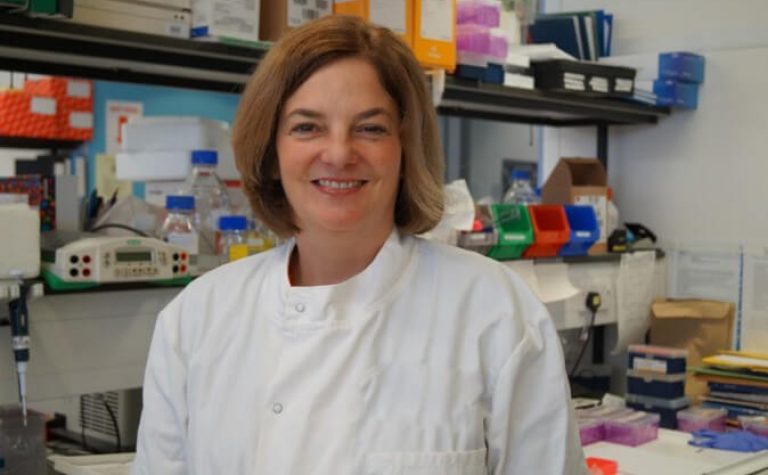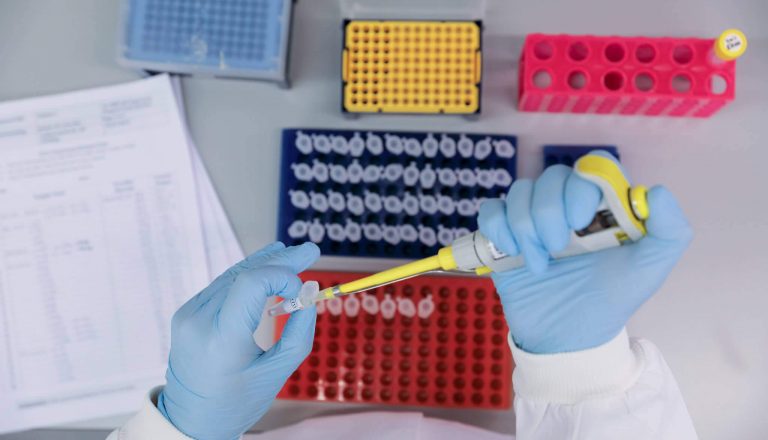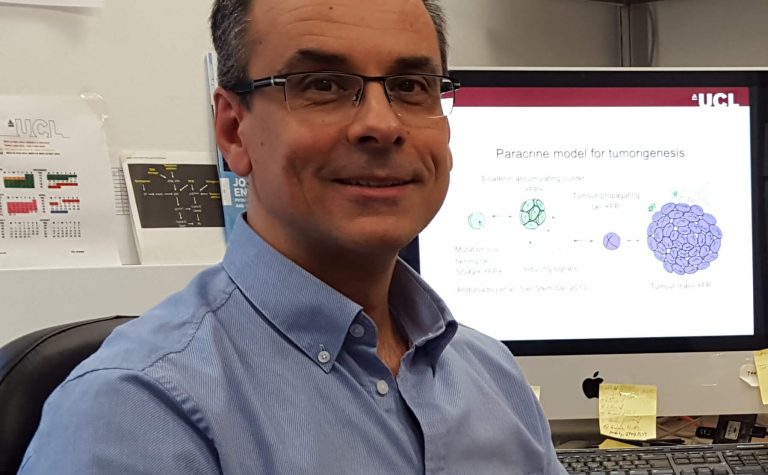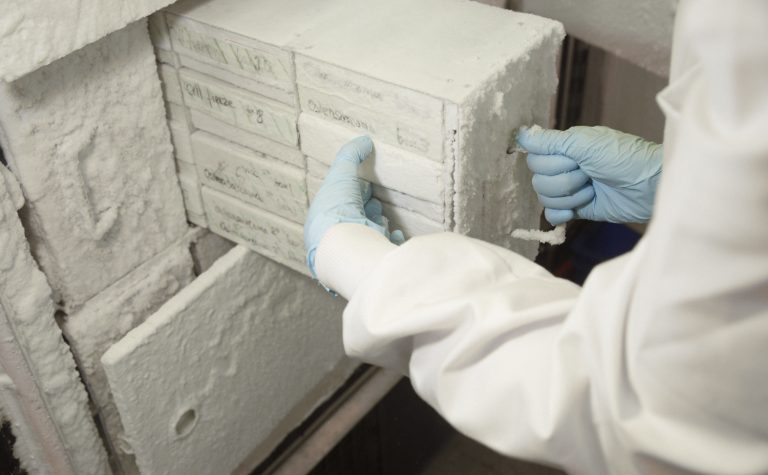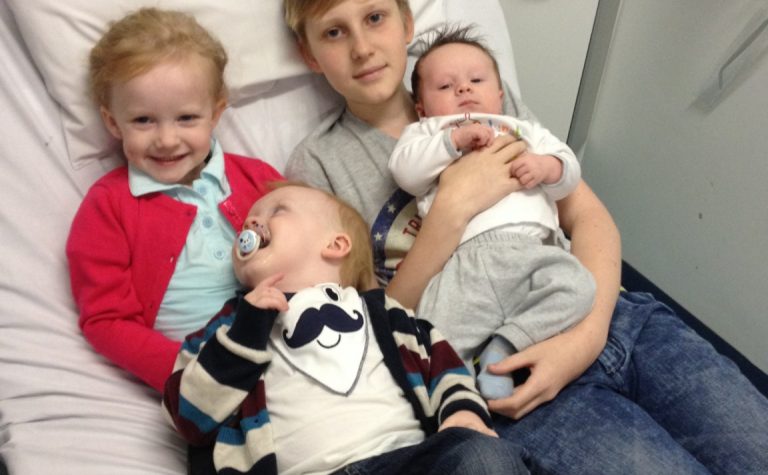About the Research Team
Prof. Julie Irving is a scientist with more than thirty years of experience in the field of leukaemia and is a member of national and international ALL groups and steering committees. Her team focuses on childhood ALL and they have previously successfully translated their experimental findings into the clinic for the benefit of patients. For example, Prof. Irving’s recent work on a new type of drug called MEKi, that may be effective for some children with relapsed ALL, has led to an international clinical trial called Seludex. Prof. Irving will be working with Dr Frederik van Delft, a clinical scientist who leads a research team and treats children with cancer in the Great North Children’s Hospital. She will also be working with Dr Dino Masic, a talented postdoctoral scientist, who has worked in ALL research for over 10 years and has the specialist skills needed to carry out this project.